Brainology Worksheets Results
Brainology: Transforming Students’ Motivation to Learn - Merced College
Brainology: Transforming Students’ Motivation to Learn Carol S. Dweck Winter 2008 Carol Dweck is the Lewis and Virginia Eaton Professor of Psychology at Stanford Uni-versity. After graduating from Barnard College and earning her PhD from Yale Univer-sity, Dweck taught at Columbia, Harvard, and the University of Illinois before accepting
https://url.theworksheets.com/6fgk161 Downloads
Preview and Download !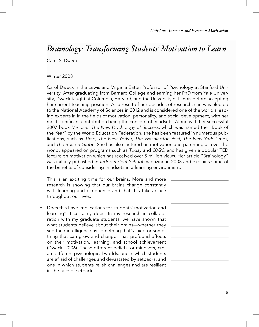
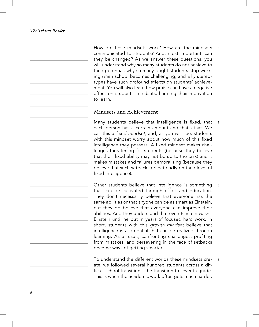
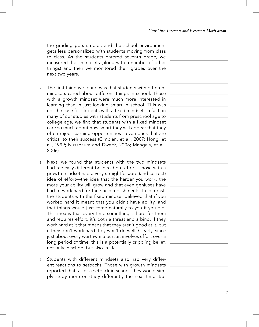
Brainology Downloads - MindsetWorks
Play Brainology® Bingo after your class has begun the Brainology® Program to review concepts, or assess students’ comprehension of the material Bingo Directions: Use Brainology® Bingo after your class has finished the Brainology® Program. Teachers photocopy one Brainology Bingo card for each student. Also provide each student with 15-25
https://url.theworksheets.com/4pqm157 Downloads
Preview and Download !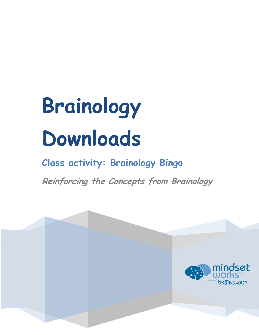
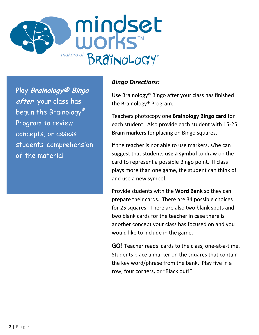
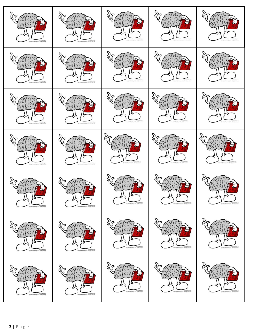
Brainology by Carol Dweck - Riverside City College
Brainology Transforming Students’ Motivation to Learn Carol S. Dweck Winter 2008 Photoillustration: Michael Northrup T his is an exciting time for our brains. More and more research is showing that our brains change constantly with learning and experience and that this takes place throughout our lives.
https://url.theworksheets.com/6fgl140 Downloads
Preview and Download !


Applied Brainology Curriculum Guide for Home Use - Amazon Web Services
pplied Brainology | Implementation Guide Applied Brainology® Curriculum: Reinforcing a Growth Mindset In Applied Brainology® the goal is to sustain, reinforce, and deepen students’ growth mindsets and help them develop the metacognitive practices and habits that they can put into practice in all their content classes throughout the year.
https://url.theworksheets.com/6fgm144 Downloads
Preview and Download !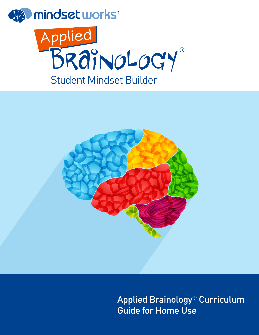
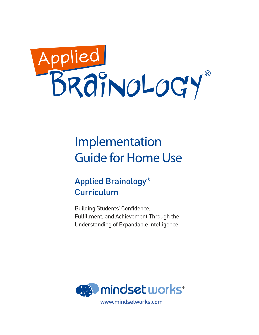
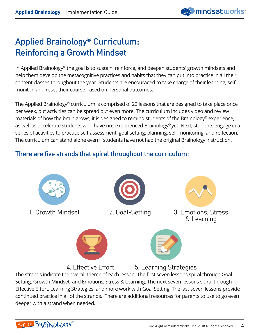
Introduction to Brainology - Shelby County Schools
Brainology®Online Introductory Unit N/A 10-15 min. “You Can Grow Your Intelligence” Reading & Activity (Option 1, 2, or 3) 13-26 30-60 min. * Bridgeactivities can be used as exit activities at the end of class, as homework between classes, or as “Do Now” activities at the beginning of the next class.
https://url.theworksheets.com/6fgn142 Downloads
Preview and Download !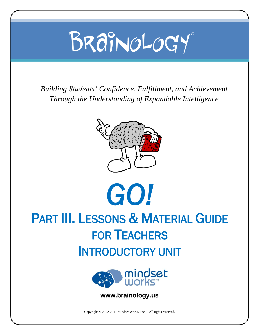
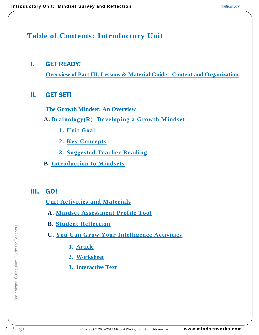
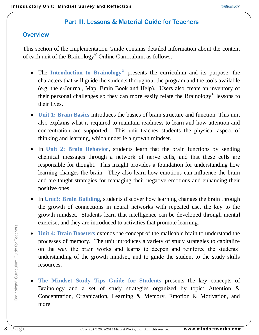
Introduction to Brainology - Yola
www.brainology.us Copyright © 2008-2010 Mindset Works, LLC. All rights reserved. 1 ology ® F 1: M AP U M N P F 2: C S, D D R. C S INTRODUCTION TO BRAINOLOGY Helping Students Become Lifelong Learners Curriculum Goal The goal of the Brainology® software is to raise student achievement by helping students develop a growth mindset
https://url.theworksheets.com/4pqn127 Downloads
Preview and Download !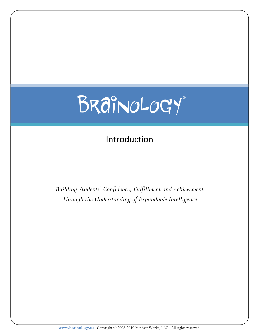
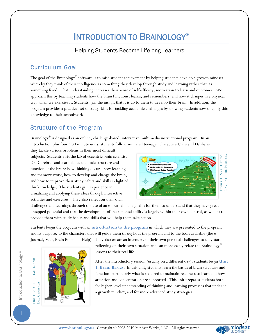
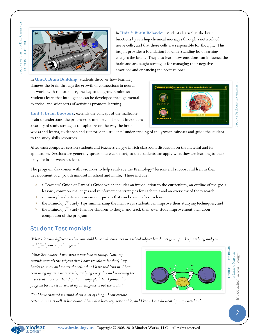
Brainology Downloads - Categories
Play Brainology® Bingo after your class has begun the Brainology® Program to review concepts, or assess students’ comprehension of the material Bingo Directions: Use Brainology® Bingo after your class has finished the Brainology® Program. Teachers photocopy one Brainology Bingo card for each student. Also provide each student with 15-25
https://url.theworksheets.com/6fgo111 Downloads
Preview and Download !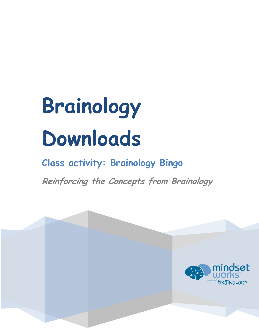
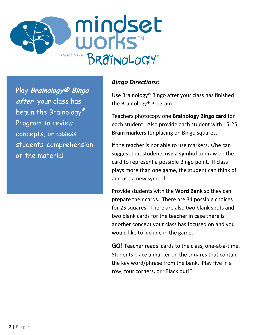
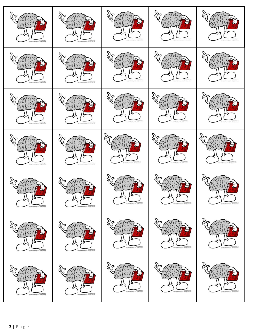
Transforming Students’ Motivation to Learn
www.brainology.us Copyright © 2008-2010 Mindset Works, LLC. All rights reserved. ® Brainology® Structure •students follow animated characters as they tackle issues in their most difficult subjects •brief introduction + 4 units •content made relevant and placed in context of school and student challenges •relevant content + interactivity + humor =
https://url.theworksheets.com/6fgq107 Downloads
Preview and Download !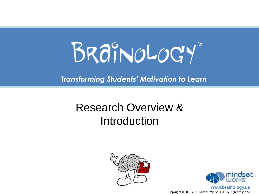
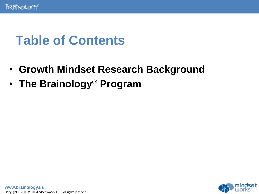
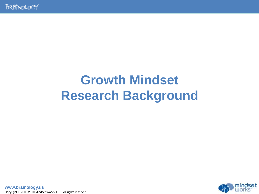
CURRICULUM GUIDE FOR PARENTS
All rights reserved. www.brainology.us What is this Curriculum Guide for Parents for? This Curriculum Guide for Parents includes an introduction to the BrainologyTM curriculum, an outline of the goals, lessons, common challenges and at-home reinforcement strategies for each unit and an overview of the research behind BrainologyTM. It is our belief that all of us can gain knowledge and forge positive
https://url.theworksheets.com/6fgr108 Downloads
Preview and Download !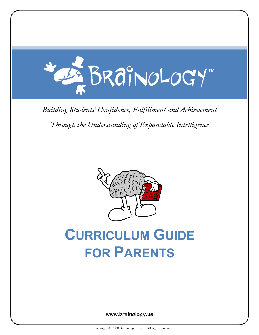
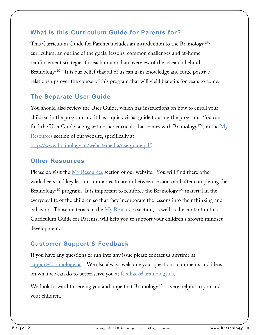
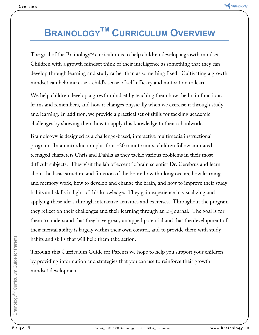
Reading Guide: “Brainology” by Carol Dweck - Idaho 101 Plus
Reading Guide: “Brainology” by Carol Dweck Answer the following questions on your own paper. Bring it with you to class. 1. What do you know about the brain, intelligence, and learning? Do you believe intelligence is fixed, or that we can improve our intelligence? Jot down background knowledge you have about any of the above topics. 2.
https://url.theworksheets.com/4pqp132 Downloads
Preview and Download !


Next results >>